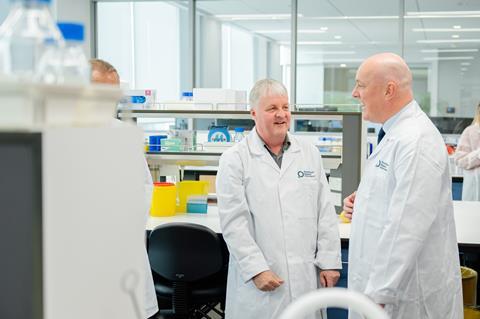New Zealand government to relax biotechnology regulatory system allowing the use of tools such as Crispr for plant breeding
The New Zealand government’s decision to end a 30-year ban on gene editing technology has been welcomed by Plant & Food Research as a move that could help enhance varietal development.

Previous regulation prevented the use gene technology outside the lab but on 13 August science, innovation and technology minister Judith Collins announced legislation ending the ban and implementing a dedicated regulator to oversee applications to use gene technology. The legislation is expected to be introduced to Parliament by the end of the year.
“This is a major milestone in modernising gene technology laws to enable us to improve health outcomes, adapt to climate change, deliver massive economic gains and improve the lives of New Zealanders,” Collins said.
“New Zealand has lagged behind countries, including Australia, England, Canada and many European nations in allowing the use of this technology for the benefit of their people, and their economies.”
The new regulations will allow scientists to develop and test plants edited with minor genetic changes similar to those found in nature, in real-world settings.
They are also expected to reduce the administrative burdens for experiments undertaken in containment, improving efficiency and cost-effectiveness of research, according to government-owned Crown Research Institute Plant & Food Research.
“Aotearoa New Zealand generates a lot of wealth by sustainably growing healthy kai which we share with consumers around the world. These new regulations will allow scientists to develop new plant varieties so the agrifood sector can adapt at the speed required to meet fast-moving challenges, such as climate change, and remain competitive on the global market,” said Plant & Food Research chief scientist, Richard Newcomb.
“Regulations around gene technologies, particularly with the advent of high precision technologies such as Crispr-Cas9, are changing around the world. Researchers and food producers overseas are using these new technologies to develop foods that will directly compete with those from Aotearoa, and may have more of the characteristics that consumers want.
“By changing our regulations, our sectors can compete on a level playing field; with a wider range of technologies on the table, they will be better placed to be able to make choices that are good for Aotearoa as well as the world.”



